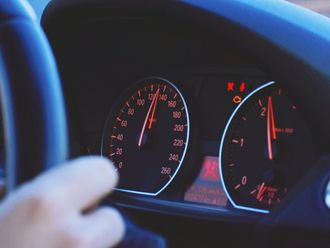Manama: Saudi Arabia’s Shura Council has agreed to allow men and women to be designated organ donors on their driving licence or on their national identification.
A growing number of Saudis are becoming more aware of the importance of organ donation to help cure people and save lives.
According to the Saudi Centre for Organ Transplantation (SCOT), four million people in Saudi Arabia hold an organ donor card.
The figure represents around 12.5 per cent of the total population, Faisal Shaheen, SCOT general director and senior consultant physician and nephrologist, told local daily Arab News earlier this year.
The number of organ transplants made a slight increase from 1,036 in 2015 to 1,082 in 2016.
SCOT said that 13,174 organs from living and deceased donors were transplanted between 1986 and 2016.
The figure comprises 10,569 kidneys, 2,006 livers, 339 hearts, 213 lungs, 46 pancreases and one small intestine.
There were 1,767 tissues recovered, including 628 hearts as sources of valves, 698 corneas, 324 bones and 117 musculoskeletal tissues, the centre added.
However, as the waiting list is long, many Saudis travel abroad to buy organs mainly in Asian countries.
The move comes two weeks after a royal order was issued to allow women to drive in the kingdom starting on June 24.
The security committee at the Council is to amend an earlier proposal that included the designation but that was issued before the order to allow women to have licences and drive, Al Hayat daily reported.
The decision to mention the Saudi man or woman as a designated organ donor on the driving licence or the ID or both will be made following an agreement with the Ministry of Health.
The Shura Council has 150 members, 30 of which, are women.









